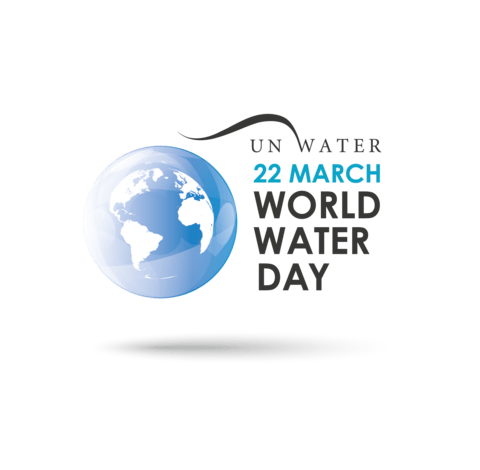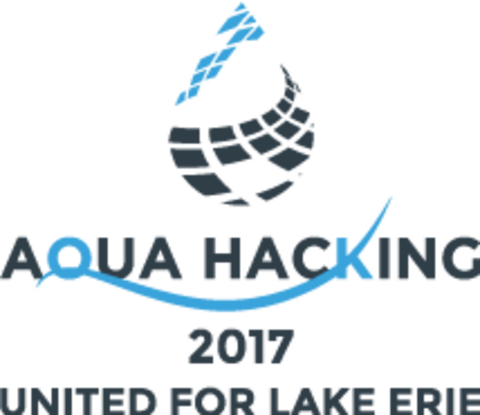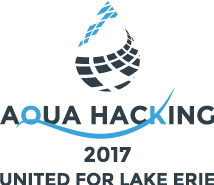Floods and Droughts: Eliciting Customer Willingness-to-Pay and Adverse Event Likelihood Priors for Public Utility Pricing and Infrastructure Decisions
In this seminar, Diane Dupont, a professor in the Department of Economics and member of the Environmental Sustainability Research Centre at Brock University, presents a method for obtaining public preferences for improved water and wastewater management.
Register today.
Light refreshments will be provided.






 As part of the Water Institute's
As part of the Water Institute's